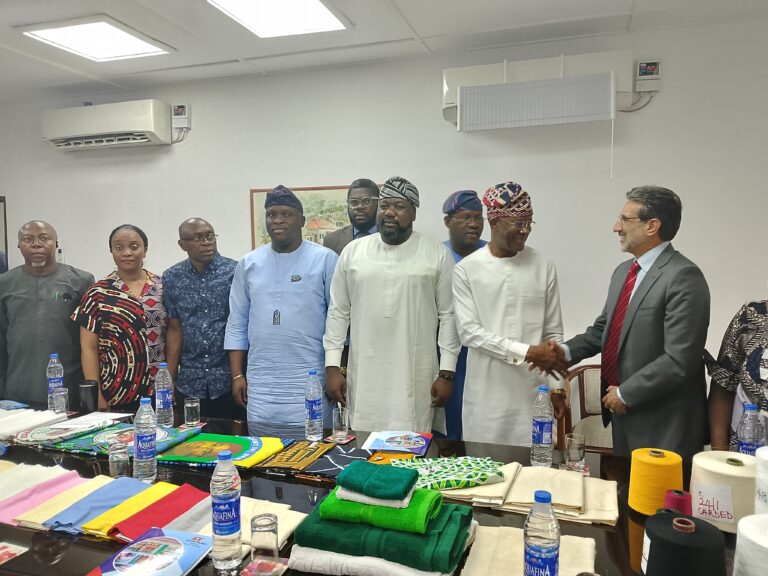The Federal Government has reaffirmed its commitment to enhancing indigenous technology that will enable local manufacturers to produce high-quality products. This move is part of the ongoing efforts to empower Nigerian manufacturers and stimulate local production, reducing the dependency on imported goods.
At a strategic focus group meeting on Made-in-Nigeria products held in Ado Ekiti, the Ekiti State capital, Engineer Joseph Oladimeji Alasoluyi, the Deputy Director (Engineering) at the National Agency for Science and Engineering Infrastructure (NASENI), emphasized that Nigerian manufacturers have the necessary capacity, expertise, and resources to create quality goods. He pointed out that the agency is actively working to promote local technology, positioning Nigeria to transition from being a consuming nation to a producing nation.
Promoting Local Technology and National Capacity
Alasoluyi stressed that no nation can thrive without technology, and part of NASENI’s mandate is to raise awareness about the importance of supporting locally made goods. “Nigerians have the skills and resources to make products locally, so why are we not embracing these goods?” he questioned. “If Nigeria is to take its rightful place in global technology, it starts with us.”
The agency is continuously fostering a culture of innovation through collaborations with Small and Medium Enterprises (SMEs). Alasoluyi revealed that NASENI is providing training and capacity building across the country through 12 centers, where entrepreneurs can learn and scale their businesses, ultimately contributing to national economic growth.
NASENI’s Role in Technological and Economic Growth
NASENI was established to develop Nigeria’s science, technology, and engineering infrastructure. Its focus is on research, development, manufacturing, and capacity building—all geared toward solving the country’s technological challenges. The agency also focuses on job creation and empowering local manufacturers through strategic initiatives.
“We are committed to helping the SMEs by developing technologies that will empower them and contribute to Nigeria’s technological and economic development,” Alasoluyi added.
Promoting Awareness and Support for Made-in-Nigeria Goods
During the event, experts and stakeholders discussed the challenges and opportunities for promoting Nigerian-made products. Prof. Sunday Adedini, Senior Special Assistant to the Ekiti Governor, Mr. Moses Ademiloye, and entrepreneur Mrs. Modupe Akosile contributed to the panel session, discussing how government and private sector collaboration could boost local product acceptance.
Mrs. Akosile stressed the need for more awareness campaigns to encourage Nigerians to support locally-made products. She also called on the government to provide grants (rather than loans) to entrepreneurs, which would help boost the SME sector and reduce unemployment.
Improving Quality and Availability of Local Products
In his remarks, Prof. Adedini highlighted the importance of leadership coordination, SME training, synergy among agencies, and government protection for local industries. He emphasized that quality should always be a priority, ensuring Nigerians get value for money.
Moses Ademiloye pointed out that local production often fails to meet demand, making it difficult for Nigerians to access locally made goods. “Many Nigerians aren’t even aware of the quality and range of products available within the country compared to foreign imports,” he said.

